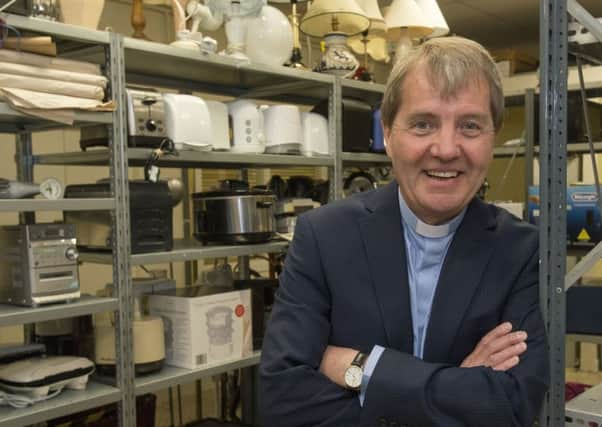Leader: Tackling homelessness needs more than political will


With First Minister Nicola Sturgeon listening in the VIP Gallery he said that whatever the constitutional future holds for Scotland, “I hope the Assembly will speak with one voice in saying this is unacceptable, this needs to change and there should be no room for homelessness in 21st century Scotland.”
His remarks, in the middle of a general election campaign dominated by arguments over constitutional politics and Brexit, could scarcely be better timed. For it is a widely-held view that insufficient attention is being paid to the more domestic, down-to-earth concerns of daily life.
Advertisement
Hide AdAdvertisement
Hide AdOfficial figures show that there were more than 34,600 homelessness applications to Scotland’s councils in the year to March – a level little different from 25 years ago.
Homelessness continues to be, as he described it, “a stain on our nation’s character and consciousness.”
However, tackling it also requires more than political will.
Homelessness is a product of many factors. Amid all the competing claims on local government resources, shortage of available funds certainly ranks high. There are also gaps in the welfare system through which people fall.
And there are social factors, too, which account for the persistence of homeless numbers over the years despite a continuing, if all too slow, improvements in living standards.
There are problems in securing employment and once found, holding down a job.
Divorce and family break-up lie behind many cases of homelessness among teenagers. There is also drug and alcohol addiction, and in many cases a difficulty in managing weekly budgets to cope with emergencies.
More certainly needs to be done to step up the provision of affordable homes – a goal to which all main parties are committed. But in the meantime, there is always more that local authorities and the charitable sector can do in the fields of advice, counselling and the provision of emergency care. More than we are ready to admit today, are in need of a helping hand in housing.
And for this hand to be extended there needs to be a wider social, as well as political will.